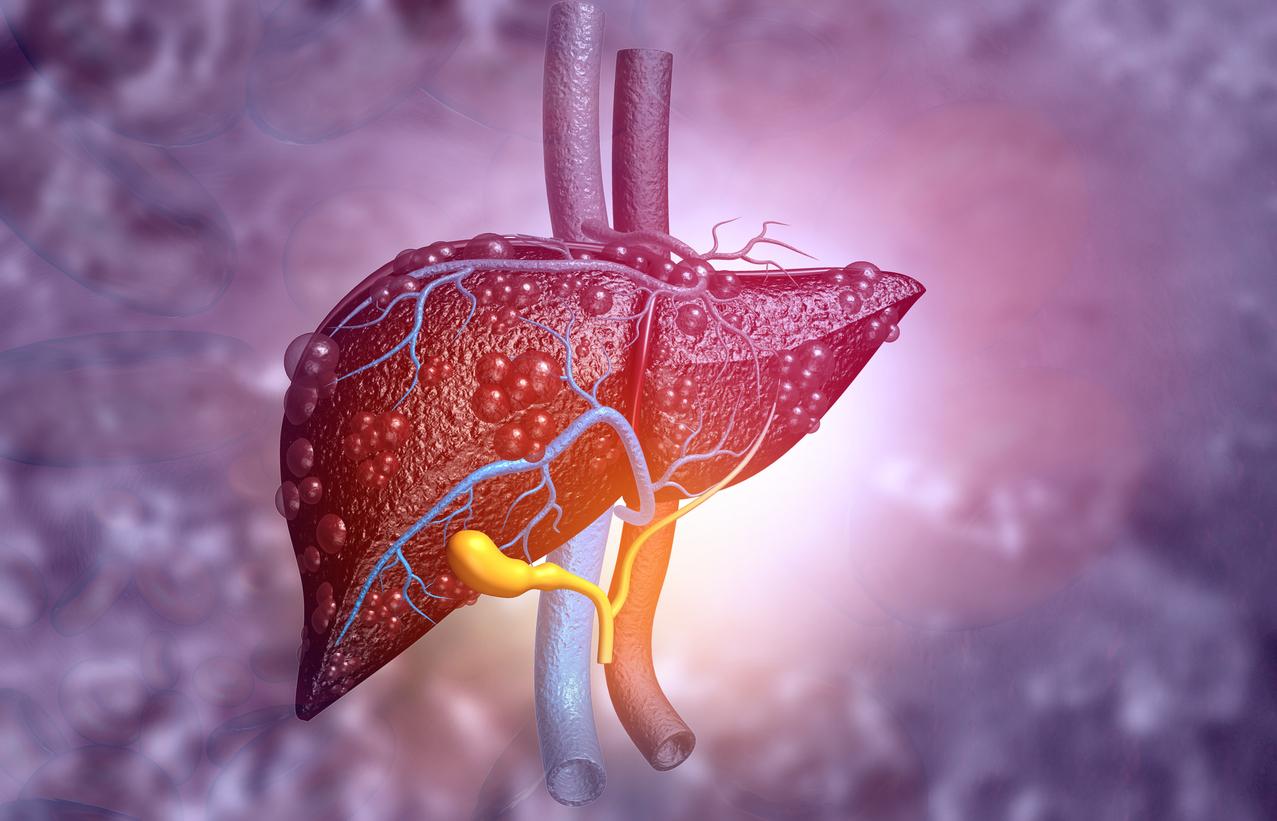Harvey J. Alter, Michael Houghton and Charles M. Rice are the three scientists who have just been jointly awarded the 2020 Nobel Prize in Medicine. “All three have made a decisive contribution to the fight against blood-borne hepatitis, a major global health problem that causes cirrhosis and liver cancer in people around the world,” said the Nobel assembly. in a press release.
Blood-borne hepatitis (i.e., transmitted through blood and body fluids) is associated with significant morbidity and mortality and causes more than one million deaths per year worldwide, making it makes a global health problem on a scale comparable to HIV infection and tuberculosis.
Hepatitis C: a disease without symptoms
Responsible for 70% of chronic liver disease, hepatitis C has the particularity of being a disease without symptoms until it reaches a severe form. While 30% of infected patients recover naturally without treatment, the remaining 70% develop a chronic form of the disease which affects the liver and creates lesions. Complications are cirrhosis or liver cancer. It is only when the liver deteriorates that the signals show up.
In France, it is estimated that 110,000 people have it, more than half of whom are unaware of it. As a result, 2,600 people continue to die from it each year in France.
A blood-borne disease
Hepatitis C is transmitted by blood only. But contrary to what one might think, it does not only affect drug addicts (via the use of infected syringes). It can also be transmitted via a tattoo if the needle is reused, via a acupuncture session, during sexual intercourse (if there is an anal or vaginal wound or during menstruation). Until 1992, transfused blood was not tested against hepatitis C, which was then the main cause of transmission.
If it doesn’t exist at the moment no vaccine, the hepatitis C virus (HCV) can be treated very well, via a treatment accessible to all patients. However, it is essential that it is taken in time. Then, complications remain possible, but rarer.
Read also:
- NASH: 1 in 5 adults affected by fatty liver disease
- Cirrhosis: a test to better predict the evolution of patients
- Hepatitis C: when is generalized screening?





























